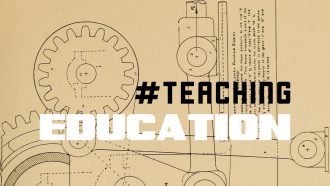
DC’s Three Jokers is coming: Healing right, healing wrong, and surviving.
I’m wondering how much of Three Jokers is going to be meta-commentary? By the sounds of it, quite a bit: “It goes back to the beginning when Batman first encountered the Joker, but it’s also The Killing Joke and A Death in the Family that speak to the book and…
Read More


